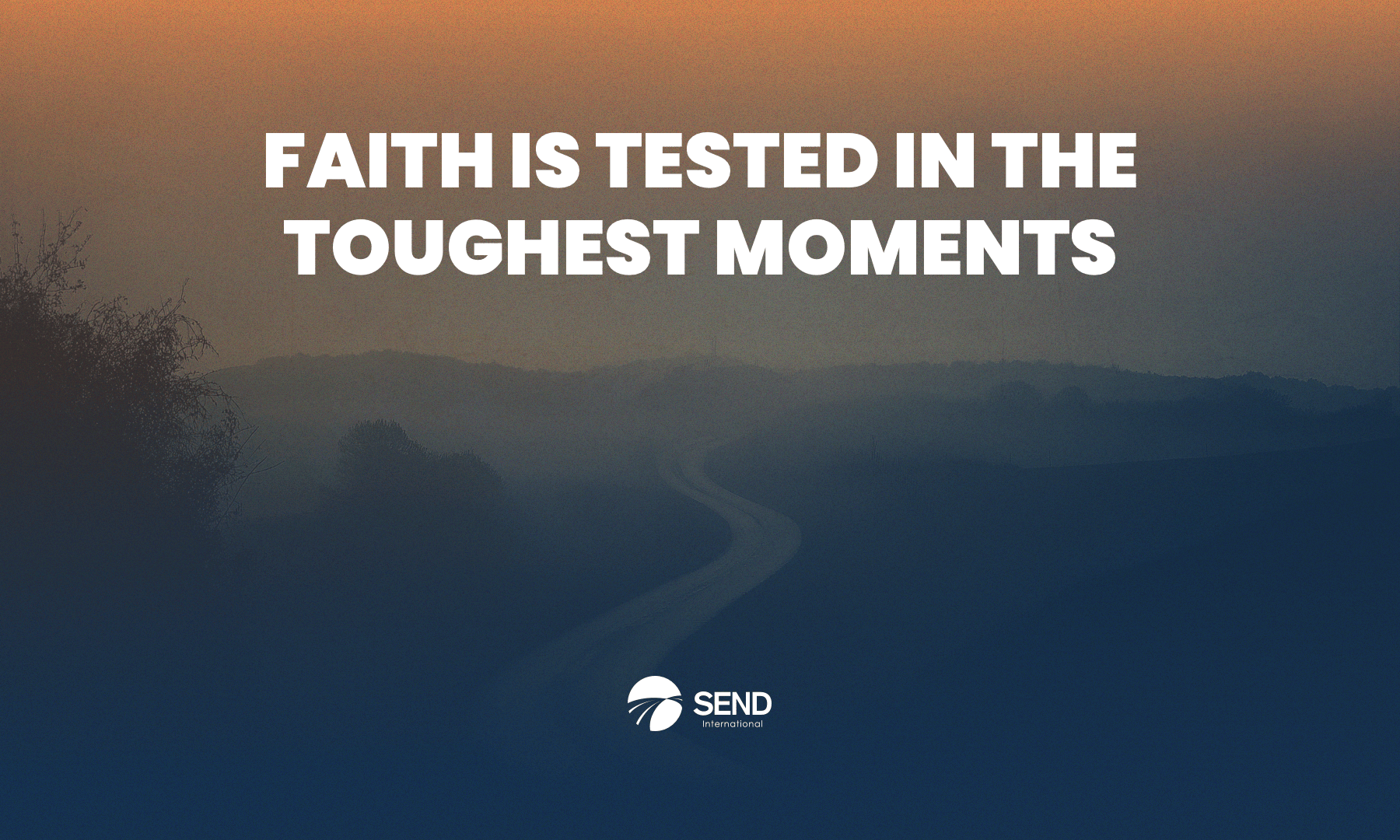
Planning for personal growth
Even if you aren’t making specific resolutions this year, you might be at least thinking about where you need growth and change. Turning those thoughts into actions can be tricky.
An Individual Growth Plan (IGP) can help. The IGP is a chart focusing on three major areas: spiritual life, self-management, and ministry skills. You spell out what improvements you want to see in each area, specific learning activities to make those improvements, and target dates for completing those activities. It is individual and intentional. You can download your own IGP for free here.
SEND members complete an IGP each year and assess their progress at the end of the year.
1. Start with prayer
To develop your IGP, start with prayer. Listen to what God is saying to you about where he would like you to grow.
2. Self-assess
After praying, it’s helpful to take a self-assessment, which is included in the IGP download. It lists 32 potential growth areas and asks you to rank yourself from 1-4 in each area. From the assessment, you pick three priorities, one from each of the main categories. You may not necessarily pick your weakest areas—you may want to focus on building your strengths.
3. Choose learning activities
The next step is to choose learning activities for each growth area. Be creative—don’t limit yourself to just taking formal classes. Think of people you might interview, books you want to read, places you might want to visit, sermons you want to listen to, or mentors/coaches you want ask for help.
Ken Guenther, director of SEND U, SEND’s department dedicated to lifelong learning, offers these basic characteristics of a good IGP:
- Valuable. Growth in these areas will clearly help you become who you want to become and do what God has called you to do.
- Holistic. Growth goals in both personal character and ministry skill areas.
- Personal. Goals that address your own areas of need and interest; goals for you, not for someone else.
- Measurable. You will know when you have reached your goal.
- Attainable. Realistic goals that you can complete this coming year.
- Written down. You won’t forget it.
- Accountable. You have shared this plan with someone else who will encourage you to pursue this learning.
We hope these tools will help you put together a workable plan for personal growth.
Additional Posts





